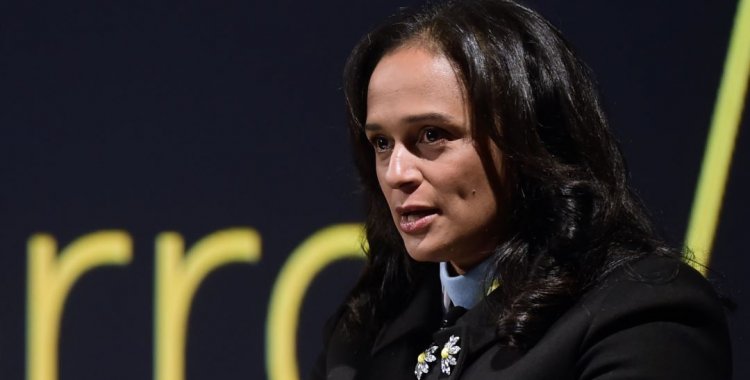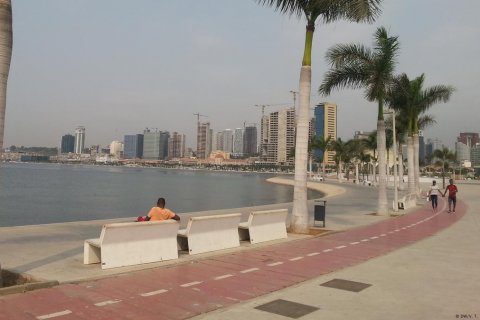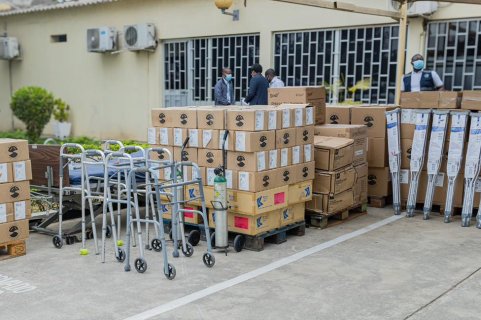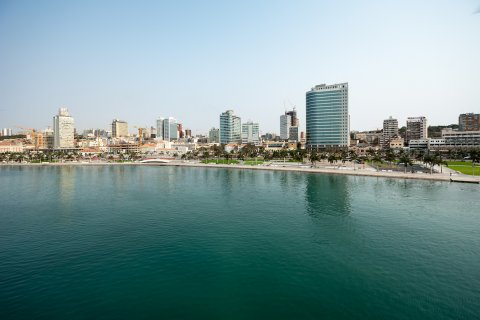"If [Isabel dos Santos] is thinking about 2022, I think it's a mirage that can't be done," because the businesswoman would need time to prepare, the analyst said in a statement to Lusa.
The businesswoman, the daughter of former President José Eduardo dos Santos, whose bank accounts and holdings in Angolan companies were recently seized, admitted on Wednesday, in an interview with RTP, the possibility of being a candidate for the presidency of Angola and complained of being persecuted to be politically neutralized.
For Van-Dunem, if abroad, the demultiplication of Isabel dos Santos in interviews and statements through social networks may allow some reputational gains, internally "it will not be easy to obtain a favourable political 'score' in the near future".
In addition, according to the Constitution of the Republic of Angola, the ex-President's daughter would have to either run as head of an existing party or coalition of parties, or create a new one, "which would take work," she said.
"It would be unrealistic, especially given that it has to solve the problems it faces with justice in Angola and that it has been outside the country for two years," the expert said, noting that everything will depend "on the dynamics" that will develop "in the near future, especially during this year".
Asked if Isabel dos Santos could win support in her father's party, the Popular Movement for the Liberation of Angola (MPLA), in power since the country's independence and led by João Lourenço, also president, showed doubts about the existence of internal factions in the party.
"What we hear about a division within the MPLA is not perceptible in practice. Who is in fact the face of the other faction? It doesn't exist," said the academic, pointed that to make an analysis it was necessary to know who this group of people would be who defend an alternative to the current leadership of the party and that they would present themselves with competing lists at an eventual congress.
"This division is so widespread, but no one is known who does not publicly express their support for President João Lourenço. When there is an initiative of MPLA all the figures end up being there, both those leading figures of MPLA who for a long time were at the side of José Eduardo dos Santos, and the youth that is now rising in the party. Until today nobody has shown publicly or given signs that they would be willing to integrate another faction," he noted.
He suggested, however, that another party could be created "of people from MPLA who are not satisfied," but if it will have the support of prominent militants or personalities with some popularity "only seeing in practice".
For Van-Dunem, Isabel dos Santos' statement of intent comes in a context of "counterbalancing" the process she is going through in Angola and Portugal.
"It's self-defense. We need to create another bias, that this is not just a judicial process", making "headlines" on other issues, instead of talking about the seizure of assets or supposedly illicit enrichment, she commented.
On whether the National Union for the Total Independence of Angola (UNITA, opposition) will benefit from the internal upheavals in the MPLA, the analyst said that the main challenge for the upcoming presidential elections will be the new electorate that will vote, especially young people born in 2002 or 2003 and who have no ties to the past or historical memory that binds them to the ruling party, which could be reflected in an eventual weakening of the MPLA.
"There is a profound change in the electorate in Angola," Van-Dunem said, adding that they are voters with "new expectations" and demanding a new "speech" to which the parties have adapted.
Van-Dunem considered the anti-corruption speech that João Lourenço has adopted "pleases" the electorate, but noted the difficulties in achieving objectives, at a time when the country is trying to recover from a deep economic crisis, indirectly benefiting the opposition parties in the face of the "wear and tear" of the MPLA.







